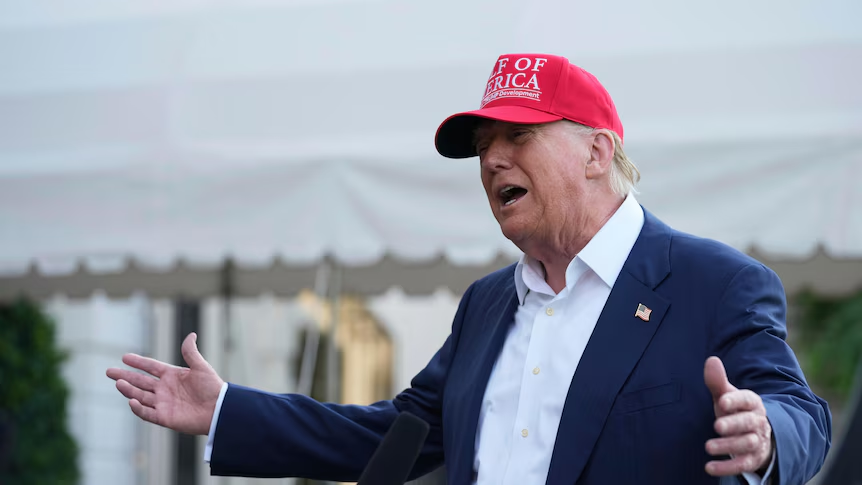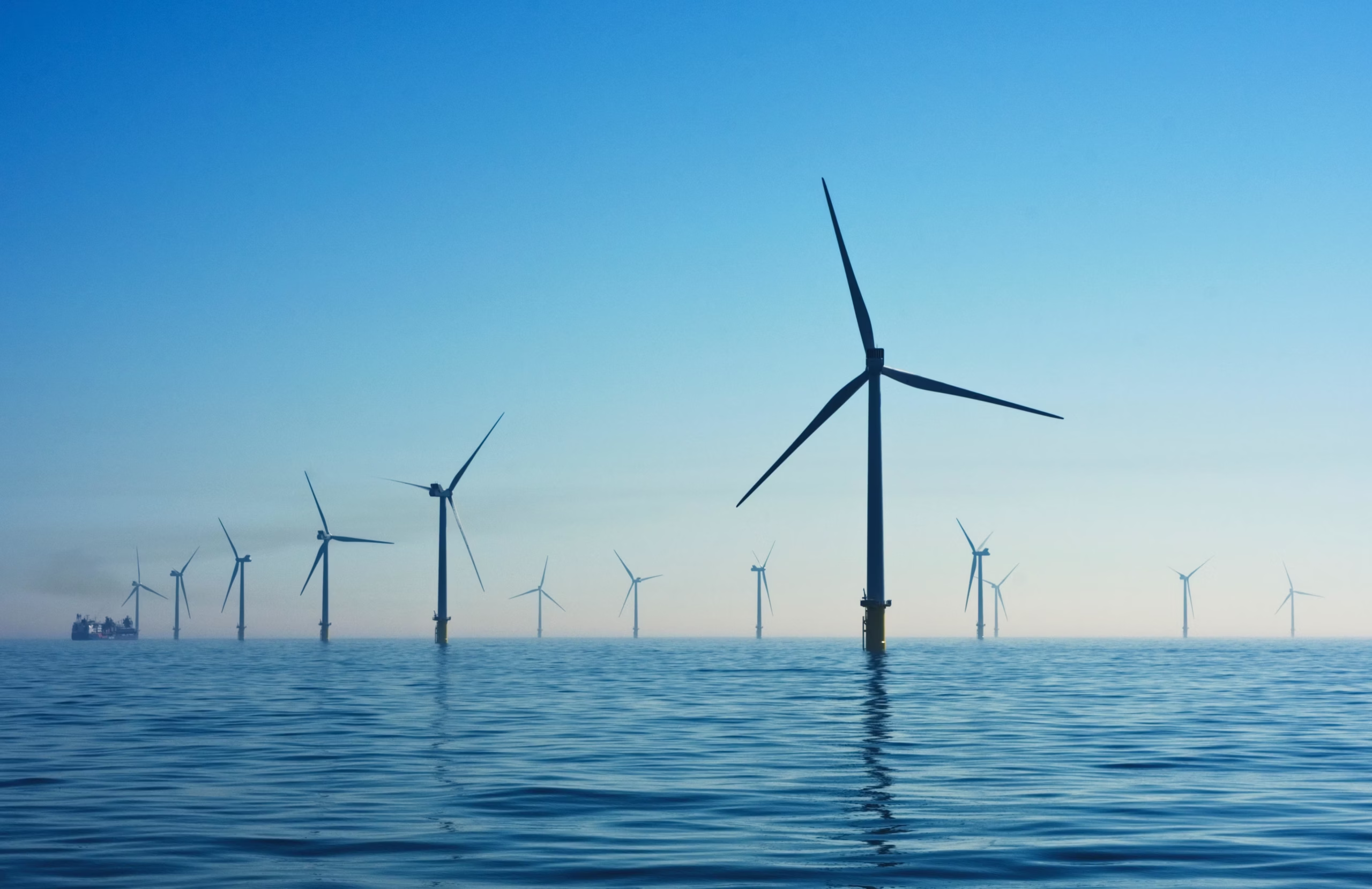US President Donald Trump’s new trade war will not only send shockwaves through the global economy – it also upsets efforts to tackle the urgent issue of climate change.
Key Impact Points:
- Trump’s tariffs could trigger a global economic downturn.
- Domestic US manufacturing likely to be less energy-efficient, increasing emissions.
- Renewable energy investment faces significant disruption.
Trump’s Tariff Expansion
President Donald Trump announced sweeping tariffs, imposing a minimum 10% duty on all imports to the US, with a 34% tariff on Chinese products and 20% on EU goods. Australia faces the baseline 10%.
The tariffs spark fears of a global economic slowdown, temporarily benefiting emissions reduction, as seen during the COVID-19 pandemic. Yet, the lasting implications are concerning for climate progress.
Economic Damage and Emissions
Global economic growth traditionally means increased emissions from manufacturing and transport. Conversely, economic downturns generally reduce emissions.
Trump previously imposed tariffs on China in his first term, causing global economic harm. The International Monetary Fund (IMF) estimated that GDP fell by 0.8% in 2020 due to this tariff war, though COVID complicated exact assessments.
Trump’s new broader tariff strategy signals deeper economic disruptions ahead, and though short-term emissions may drop, the long-term outlook is troubling.
Domestic Manufacturing Risks
Trump aims to boost US manufacturing through domestic production, reducing imports. However, this shift may result in higher emissions.
Efficient global trade allows countries to produce goods where they have competitive advantages, often using less energy and producing fewer emissions.
If the US produces domestically without these efficiencies, emissions from manufacturing could rise significantly.
Threat to Renewable Energy Investment
Global renewable energy investment, critical for combating climate change, faces uncertainty due to Trump’s tariffs.
Renewable energy projects require long-term commitment, but the trade war’s instability discourages such investments.
“Already, there are fears it may trigger a global economic recession and increase living costs around the world.”
This financial instability may cause governments and businesses to prioritize immediate financial concerns over long-term clean energy investments.
The COVID pandemic showed how economic instability impacts renewables, with cautious banks and hesitant small-to-medium businesses pulling back on investments like solar panels and heat pumps.
Solar Industry at Risk
The US-China trade tension specifically endangers solar energy growth, with tariffs on Chinese solar products rising to 60%, potentially hampering expansion just as demand from data centers and AI grows.
Prime Minister Anthony Albanese declared Australia won’t retaliate, warning this tariff approach leads to “a race to the bottom that leads to higher prices and slower growth.”
China, however, responded by halting US liquefied natural gas imports, risking higher coal use, consequently increasing CO₂ emissions.
The Uncertain Path Ahead
Free trade fosters innovation, poverty reduction, and democracy. It also supports a clean energy transition.
Trump’s tariff war undermines these global benefits, threatening the world’s decarbonisation progress and plunging the global economy and climate action into uncertainty.
Related Article: Trump Planning to Exit Paris Accords

 Follow SDG News on LinkedIn
Follow SDG News on LinkedIn











